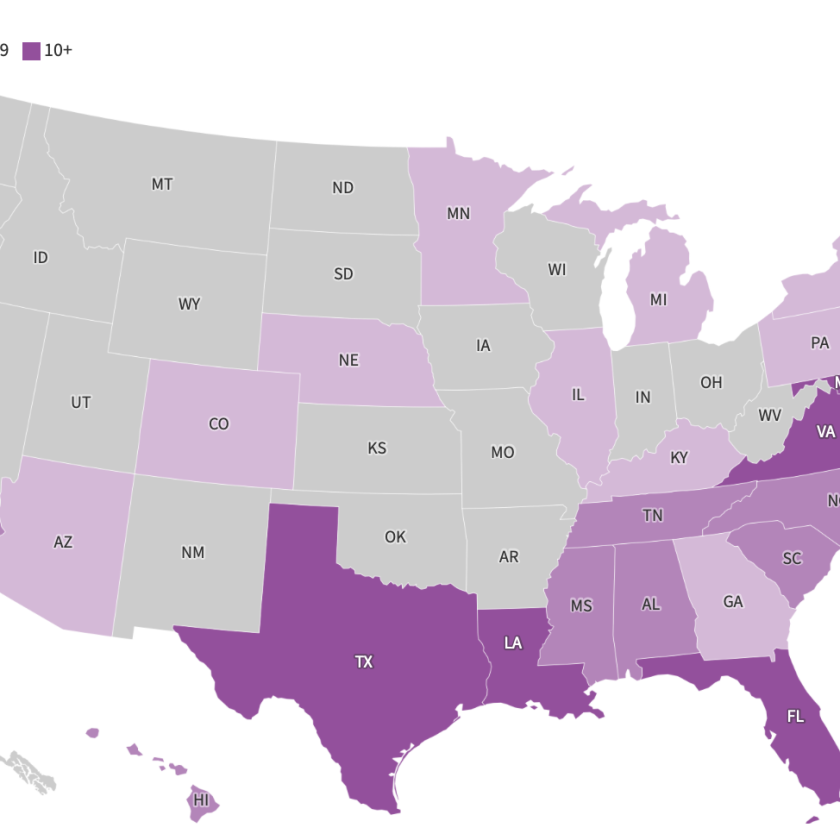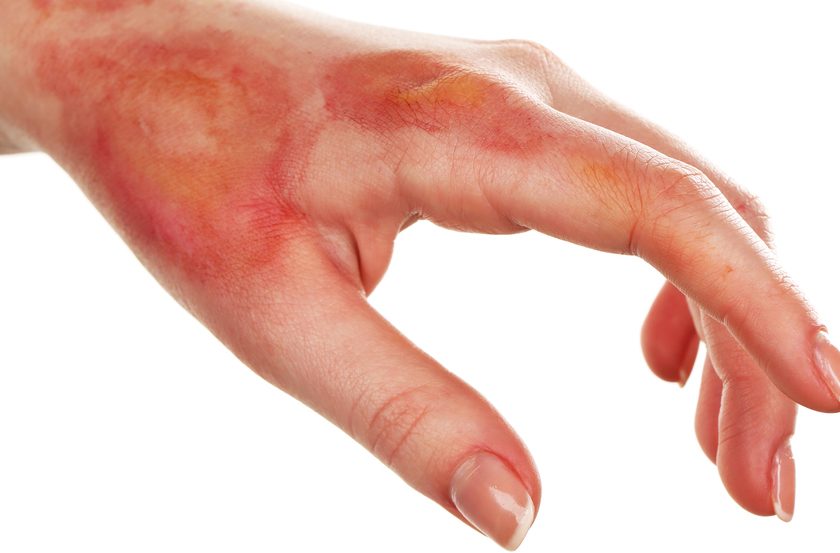By Donna Sardina, RN, MHA, WCC, CWCMS, DWC, OMS
Knowledge is exploding online, making it essential that you’re comfortable using the Internet. You can also go online to save time and find a job, among other tasks. (See Online value.)
However, you also need to keep in mind that anyone can put information on the Internet. As the caption of a cartoon by Peter Steiner, published in The New Yorker says, “On the Internet, nobody knows you’re a dog.”
Be sure to evaluate the information, including such criteria as validity, authorship, integrity, and timeliness (be wary of undated information). Here are specifics to check.
Audience
Who is the intended audience for the website? Children, teenagers, adults? General audience, professionals, students, researchers? Members of a certain group or proponents of a certain viewpoint? Content varies according to audience.
Purpose
Why was the website created? To sell, advertise, inform, persuade? The purpose of a website may not be stated clearly, so review content to discern its purpose.
Authority
Here are some questions to ask about the website:
• Has the website been created by a layperson or a well-known organization?
• Who sponsors the website? What is the sponsor’s reputation?
• Is contact information provided?
You can often find this information under headings such as “About us” or “Our Philosophy.”
Authorship
Consider these questions for authors of online content:
• What credentials does the author have? If you don’t know what a credential means, search for it online.
• What are the author’s experience and expertise? Consider looking up the author’s name in a search engine, using three forms:
• without quotes: Firstname Lastname
• enclosed in quotes as a phrase: “Firstname Lastname”
• enclosed in quotes with * between the first and last name: “Firstname * Lastname” (The * can stand for any middle initial or name in Google only.)
• What is the end of the main URL address (called the domain extension)? This tells you the type of organization associated with the URL.
Domain extension/Organization type
.com Commercial company, usually for-profit
.edu Educational institutions, usually colleges and
universities
.gov Government agency
.mil Limited to use by the U.S. military
.net Network, sometimes an internet service provider
.org Organizations, usually nonprofit
Objectivity
The following questions help you determine objectivity:
• Is any bias evident? Does the author present the information objectively from various points of view, or from one particular point of view?
• Does the author or sponsor have a known affiliation that would indicate a specific agenda or bias?
• To what extent does the information attempt to persuade or sway the audience?
• Does the information include vague statements, generalizations, stereotypes, or emotional appeals?
Quality
Ask the following:
• Where did the author get the information? As in printed journals and books, you should expect support for the information, such as references or links.
• If there are links to other pages as sources, are they to reliable sources?
Do the links work? Do links to references work and are the references from reputable sources? Keep in mind that it’s possible to create fake references.
• Is permission to reproduce copyright information provided? If so, this
typically means the website values its content.
• If the site has health information, does it display the Health on the Net Foundation Code of Conduct (HONcode) symbol? This means HON has evaluated the website and has deemed it meets HON’s ethical principles. Absence of the symbol doesn’t mean there is a problem with the site, but its presence is another point in the site’s favor.
By asking questions like these, you can ensure you access accurate information for you and your patients.
Donna Sardina is Editor-in-Chief of Wound Care Advisor and cofounder of the Wound Care Education Institute in Plainfield, Illinois.






